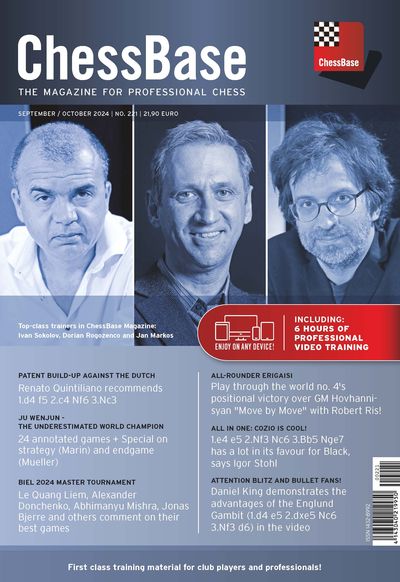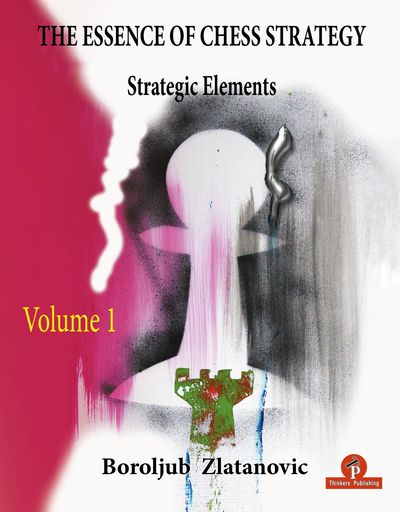"Volume 1 – Scandinavian, Pirc & Modern Defenses"
For over 15 years it has been known that computers play a crucial role in modern opening preparation. One need only think back to the matches Anand played in 2008 in Bonn against Kramnik, and in 2010 in Sofia against Topalov. Anand decided the match against Kramnik with two clean wins using the Meran Defense as Black in games 3 and 5. But against Topalov he suffered a crushing defeat. Clearly, Topalov’s computer assisted preparation was superior to Anand’s. This forced Anand to steer away from theoretical duels and, in so doing, he managed to neutralize Topalov in openings such as the Slav and the Orthodox Queen’s Gambit. The games entered into dry positions without tactics where computer preparation plays a less important role and certainly cannot decide the game.
Fast forward to 2023, 13 years later, when the power of the engine is not so important as everyone has access to unlimited analytical resources and can use the most powerful engines out there to aid their opening preparation. evertheless, some players are still more successful and stand out above the rest having fresh opening ideas. I am sure that every one of you would like to learn how to win more games by home analysis and become an opening expert.
But what is the way to do this? What does it take to become an expert in opening preparation? How can we learn the secret methods which allow the top players to dominate everyone else in the opening? Books can hardly be useful in this regard because modern books on openings, regardless of the level of the author, are very standard and straightforward. The opening books are fairly equal - in the title of the book, the author is claiming some statement like "How to beat the Sicilian" and then back it up with proof in the form... You are then left to decide whether or not to include these ideas in your opening repertoire.
What is missing is some sort of guidance and advice relating to what sorts of tournaments and against what sorts of players this idea should be employed. Moreover, every one of you has likely noticed that even the best opening idea still has a relatively short life span and can hardly be used in more than a few games. So far I have published about 10 books on openings and for me it is not a problem to publish another 10 or even more. However, in the modern era I believe the lifespan of an opening book is incredibly short as new games are constantly being played and new ideas are being found. I feel it would be much more useful to you if I uncover a new approach to opening preparation, which will be more long-lasting and will improve your play as well.
The method of opening preparation I have used throughout my entire chess-playing career (1997 – 2018) allowed me, with relatively little effort, to be unpredictable thereby winning the psychological battle of the opening. Luring my opponents into prepared opening tricks and traps was great fun!
In the method which I will introduce you to in this book, the first and most important aspect is adapting your approach to each individual opponent and perfect prediction of the opponent’s opening choice, to the smallest details. Let us begin with the following classification of the types of opening preparation.
 Excerpt
Excerpt


